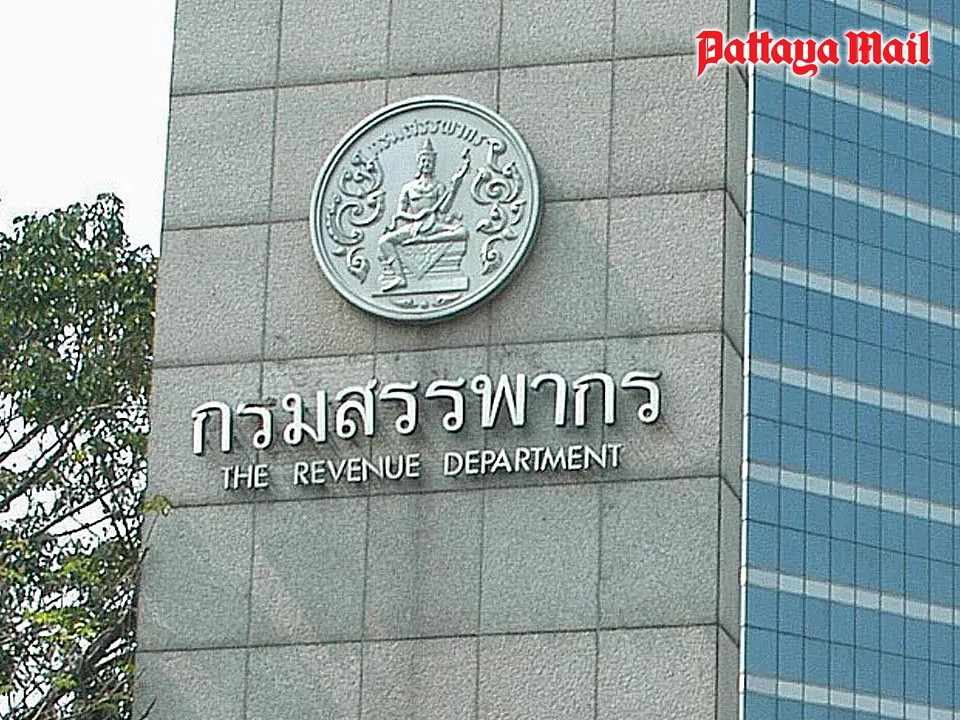
The TRD rule revision – it’s not actually a change in the law – to tax assessable overseas income remitted to Thailand since January 1 2024 continues to baffle many elderly expats. A recent Pattaya poll of 100 retirees and Facebook blogger research suggest that the overwhelming majority have only a faint idea about the implications for them. The typical reaction stated was to carry on regardless with a threat to quit Thailand if the taxman comes knocking.
Of course, not everyone needs to worry. Those Thais or foreigners who spend less than a total of 180 days here in the calendar year 2024 are not deemed to be tax residents. Also exempt are those who are remitting income here which was actually earned in the year 2023, or earlier, as well as those who do not transfer any overseas cash at all in the current calendar year. Those who hold a 10-year Long Term Residence visa are also excused, although some accountants point to the small-print audit which will occur after the first five years completion.
Some expats have signed up with tax lawyers or accountants who offer to act on their behalf. The general advice given so far seems to emphasize that the company will take care, if necessary, when the form filling season is upon us – January to March 2025. One is kinda reminded of the requirement for expats leaving Thailand in the 1980s to get a civil servant to stamp an immigration-required form (the informal fee was 500 baht) which stated that there was no income tax due. Of course, tax affairs are much more sophisticated these days.
The experts are not unanimous. ASEAN Now runs a huge and popular forum about remitted income, but the top-notch contributors often disagree. Does use of a foreign credit card here count as assessable income? Are double taxation agreements the loophole hoped for? Is cash remitted to Thailand to buy a condominium taxable income? Is the TRD anyway interested in pensioned expats with a modest income? Will anything awful happen if you hide your head in the sand? Ask ten experts and you’ll get several contradictory interpretations.
Some commentators see the salvation army arriving in December. This is traditionally the season for TRD to print new forms, so maybe there will be a commentary (in English) making clear all that has hitherto been speculative. Others will say that detailed notes are not the TRD style. The Thai tax system is an honor exercise. That means it’s your responsibility to get a tax identification number and fill in a tax form if you believe you need to. It’s not required to provide supporting documentation unless later you are chosen for audit. The fact you submit a tax return does not necessarily mean you have anything to pay.
The real test for expats will be if the visa renewal process, for example for the annual retiree extensions at immigration, were to be linked to registration with TRD. But even that futuristic scenario is fraught with problems. It’s quite possible to clock up 180 days in a calendar year using visa exempt entries or tourist visas such as the new Destination Thailand Visa: simply extend at immigration or do a couple of border runs. Perhaps the best advice, at any rate for now, is to wait in the wings. Neighboring Vietnam specifically excludes overseas pension income from cash described as taxable. Such a welcome move here would turn the whole personal income tax debate upside down.








